Unity scraps controversial Runtime Fee and will raise its subscription prices
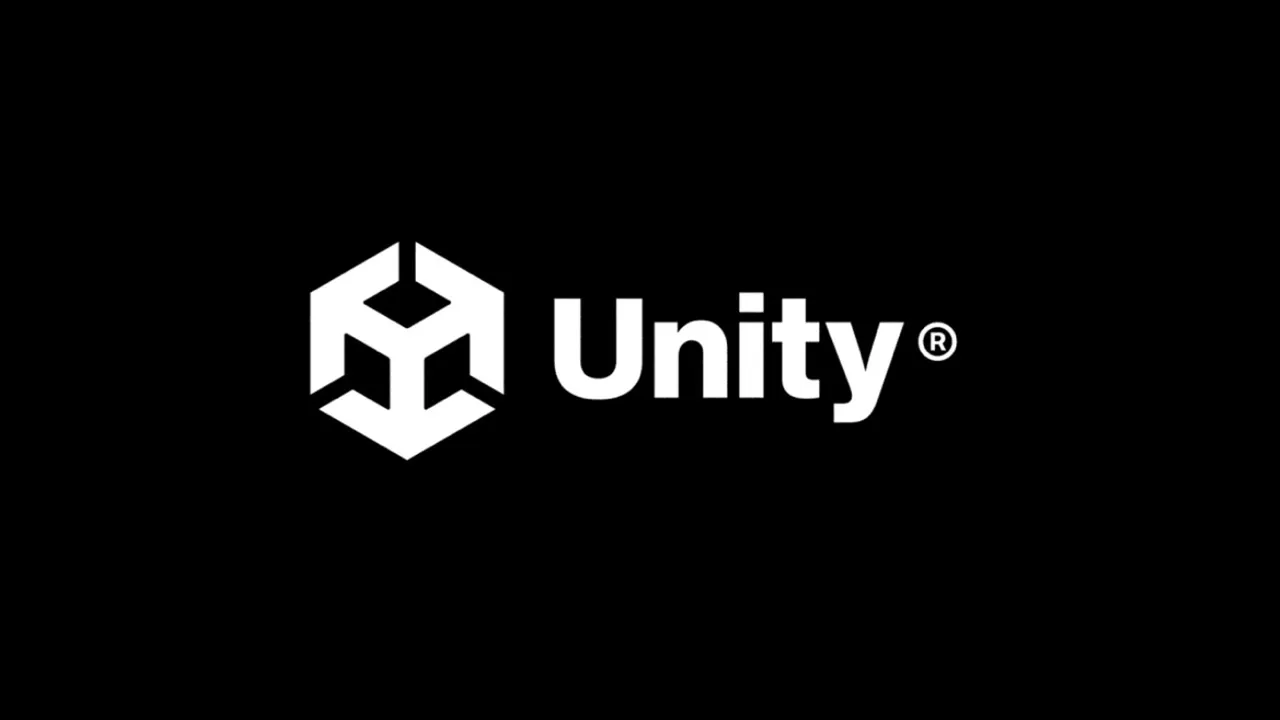
A year after its initial announcement, Unity has officially abandoned its Runtime Fee, which would have required developers to pay a fee per game install, instead raising the price of its Pro and Enterprise subscriptions.
The details:
Unity announced in September 2023 that it would implement the Runtime Fee, which would require developers to pay up to $0.20 for each game installation. This sparked immediate backlash, forcing it to partially reverse the plan, instead limiting it to Pro and Enterprise users who released new games and not enforcing it per-install.
Unity president and CEO Matt Bromberg has now confirmed in a new blog post that the fee has been scrapped entirely for all of its gaming customers. “After deep consultation with our community, customers, and partners, we’ve made the decision to cancel the Runtime Fee for our games customers, effective immediately,” he wrote. “Over the last 20 years, we’ve partnered with brilliant designers and developers, artists and engineers, publishers and platforms, to build a world where great games could be built by anyone, for everyone. We called it ‘democratising game development’, and it remains our core mission today. However, we can’t pursue that mission in conflict with our customers – at its heart, it must be a partnership built on trust.”
Unity will revert to its previous seat-based subscription model, with some price adjustments. Unity Personal will remain free, but its revenue and funding limits have been raised from $100,000 to $200,000 USD, allowing smaller developers to continue using it for free. Pro and Enterprise tier subscribers will see price increases of 8% and 25%, respectively. These changes will come into effect for any customers that purchase, upgrade, or renew a subscription on or after January 1, 2025.
More gaming news:
A year after its disastrous launch, Payday 3 has two new creative leads as its director is demoted to senior game designer due to the game's continued underperformance.
Annapurna Interactive's entire workforce has resigned following a disagreement with the company's owner.
 1v1Me
1v1Me
 Fresh Vintage
Fresh Vintage
 Rockstar Games
Rockstar Games
 Aftershock Media Group
Aftershock Media Group
 Respawn Entertainment
Respawn Entertainment
 Naughty Dog
Naughty Dog
-
 XCOM creator Jake Solomon's Midsummer Studios shuts down
XCOM creator Jake Solomon's Midsummer Studios shuts down -
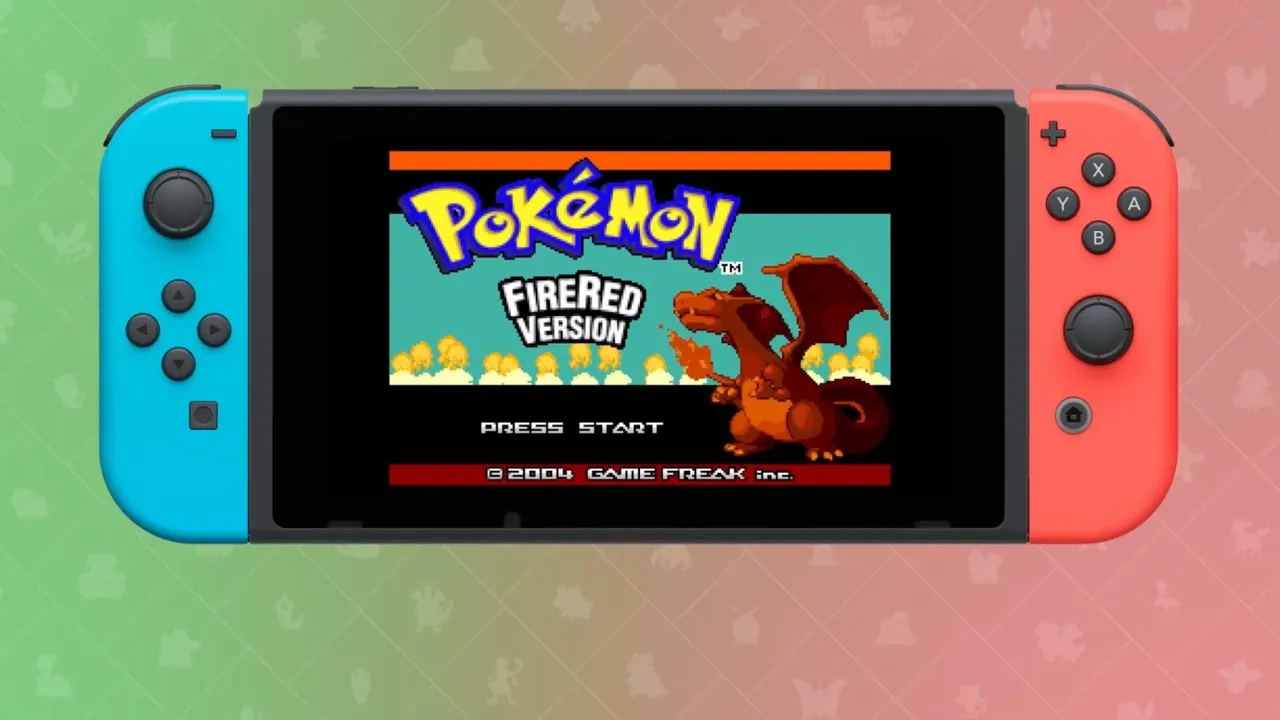 Pokémon FireRed and LeafGreen are coming to Nintendo Switch alongside a new Pokémon Presents
Pokémon FireRed and LeafGreen are coming to Nintendo Switch alongside a new Pokémon Presents -
 Ubisoft announces layoffs at Splinter Cell remake studio, but the game has not been cancelled
Ubisoft announces layoffs at Splinter Cell remake studio, but the game has not been cancelled -
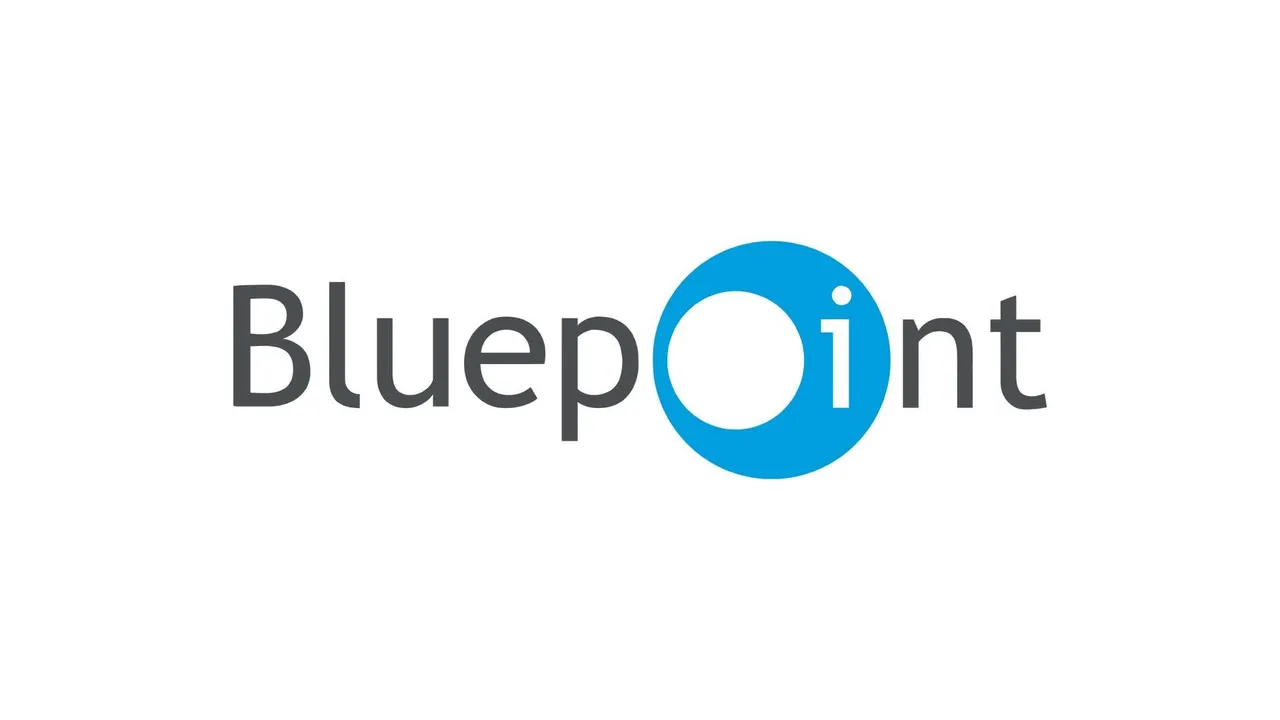 Demon's Souls remake developer Bluepoint is shutting down, Sony confirms
Demon's Souls remake developer Bluepoint is shutting down, Sony confirms -
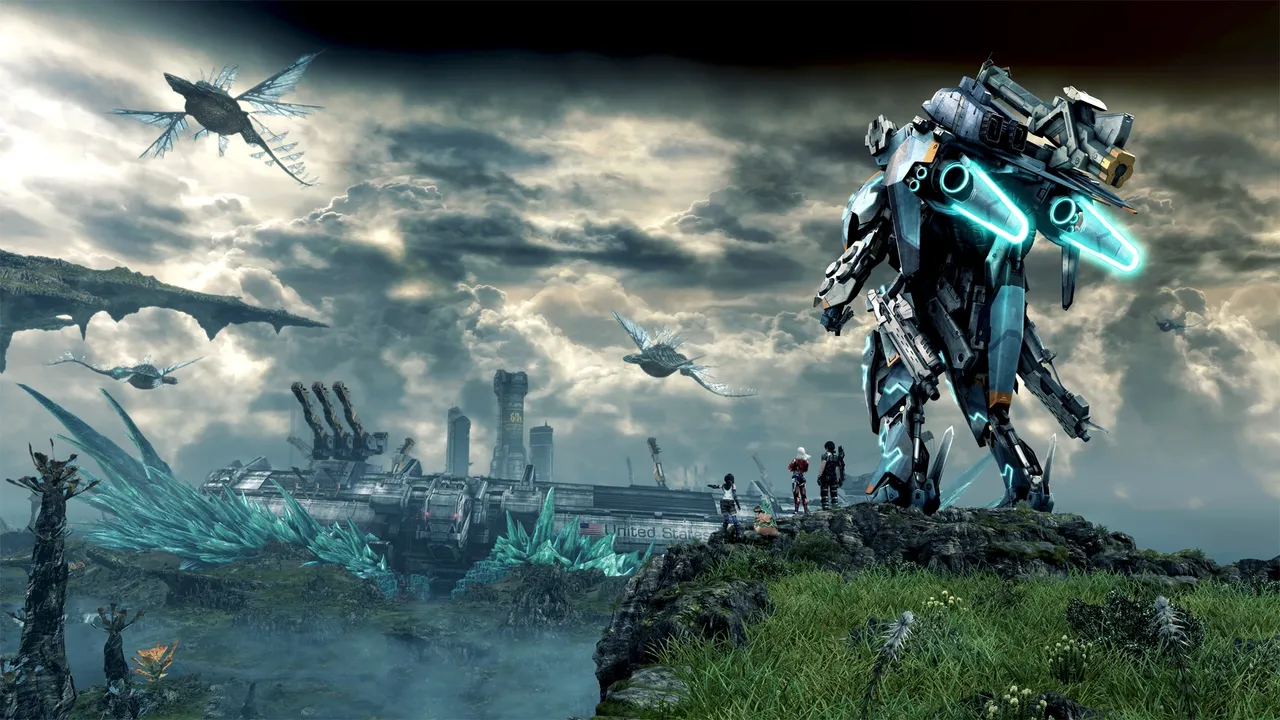 Nintendo shadow drops Xenoblade Chronicles X: Definitive Edition Switch 2 upgrade
Nintendo shadow drops Xenoblade Chronicles X: Definitive Edition Switch 2 upgrade -
 EA receives permission from commentator to generate EA FC 26 voice lines using AI
EA receives permission from commentator to generate EA FC 26 voice lines using AI -
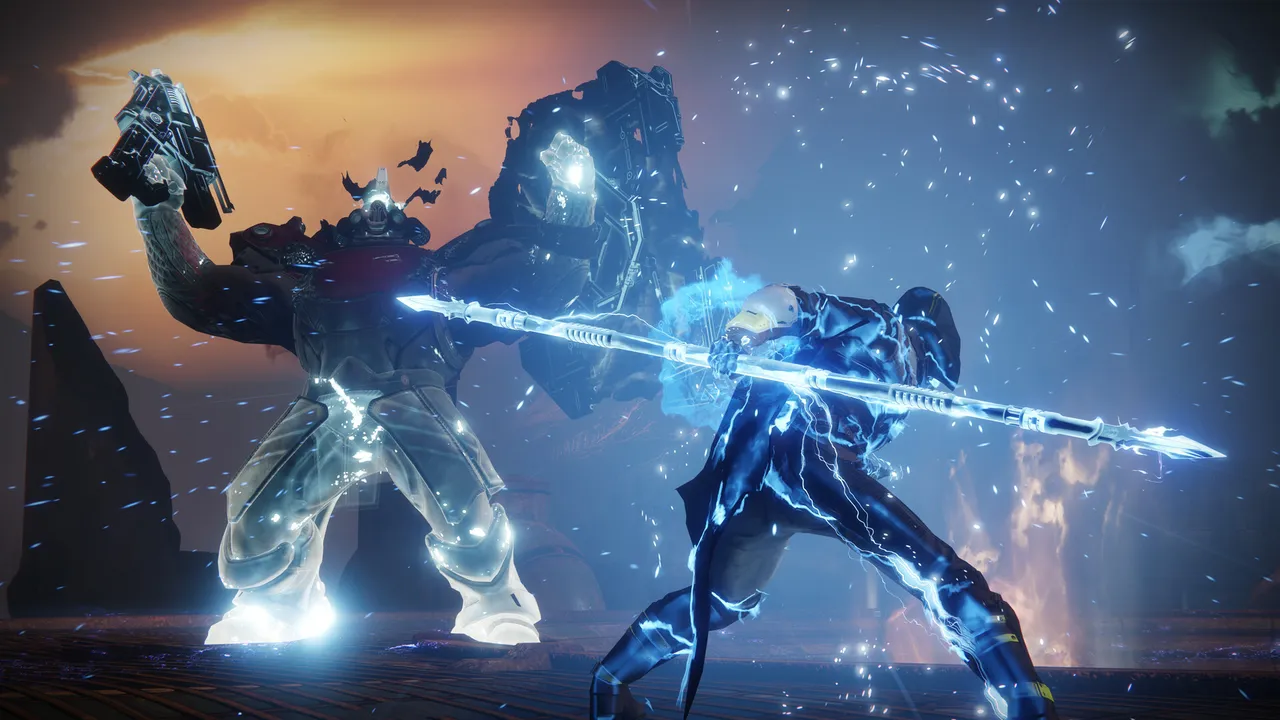 Destiny 2's Shadow and Order update has been delayed by several months, Bungie announces
Destiny 2's Shadow and Order update has been delayed by several months, Bungie announces -
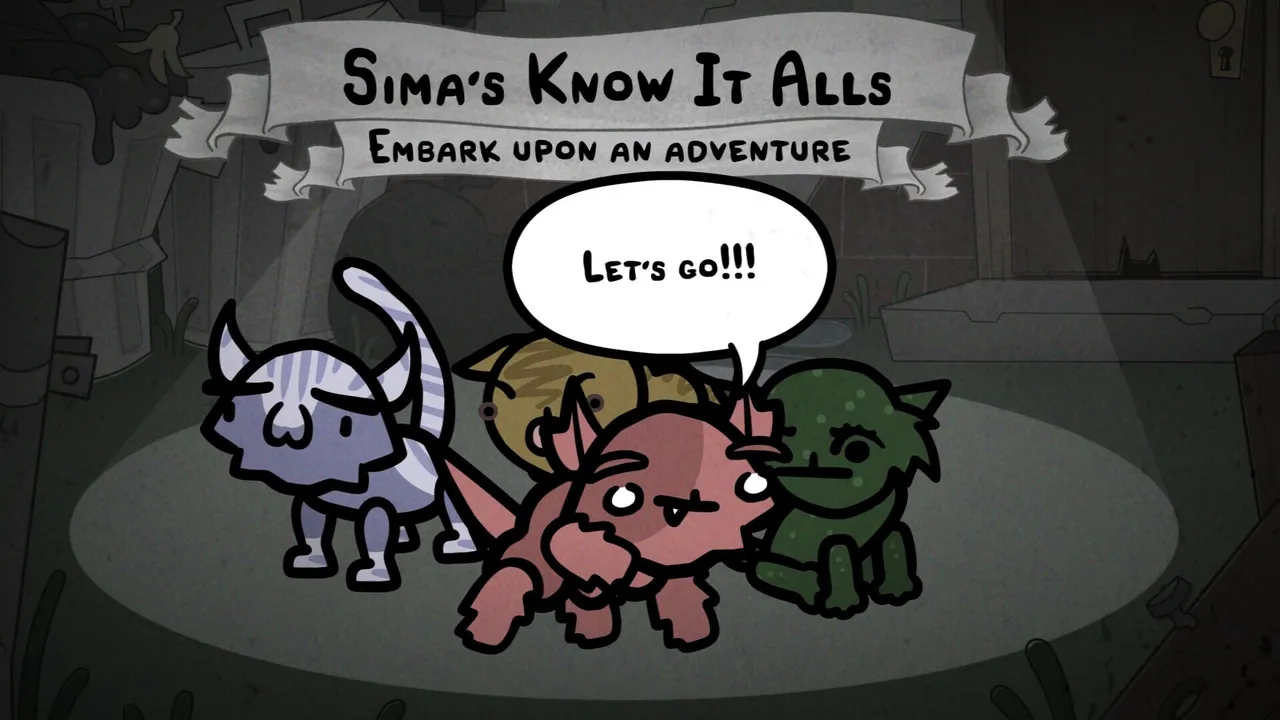 Mewgenics sells over one million copies in just a week, exceeding developer expectations
Mewgenics sells over one million copies in just a week, exceeding developer expectations -
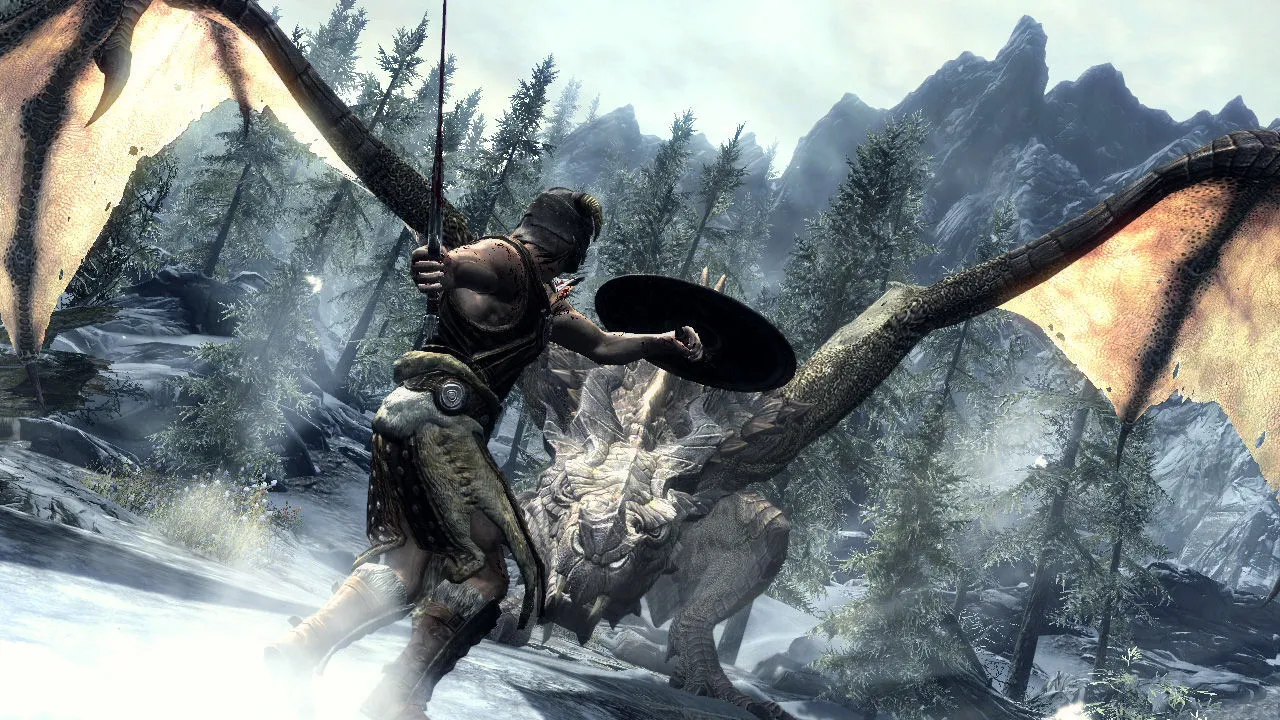 Skyrim finally receives performance and quality modes on the Nintendo Switch 2, addressing frame rate issues
Skyrim finally receives performance and quality modes on the Nintendo Switch 2, addressing frame rate issues -
 Call of Duty: Warzone Mobile is shutting down in April, Activision confirms
Call of Duty: Warzone Mobile is shutting down in April, Activision confirms -
 Hasbro shuts down G.I. Joe game developer Atomic Arcade, Snake Eyes project not cancelled
Hasbro shuts down G.I. Joe game developer Atomic Arcade, Snake Eyes project not cancelled -
 .hack//Z.E.R.O. announced by developer CyberConnect2
.hack//Z.E.R.O. announced by developer CyberConnect2